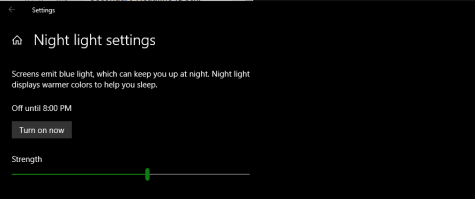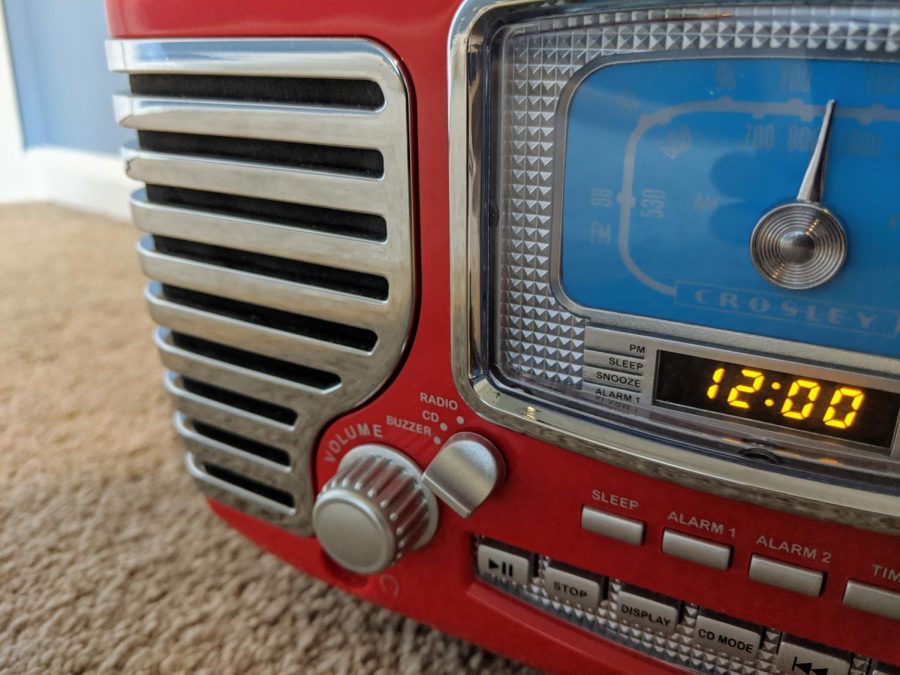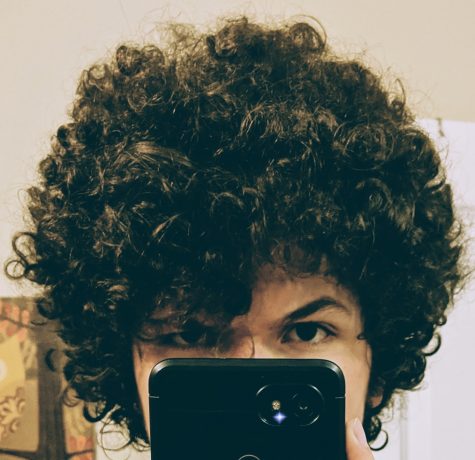Sleep Hygiene: What’s Stopping Students From a Good Night’s Rest?
The Factors Effecting Student’s Sleep, Both Internal and External
October 1, 2020
Throughout school, there is a pervasive feeling: tiredness. Students staying up until midnight (or even past) and waking up at the crack of dawn to go to school with an energy drink in hand.
According to the CDC, 7 out of 10 high schoolers (as of 2015) regularly get less than 8 hours of sleep on school nights. This means that 7 out of 10 high schoolers are at increased risk for cardiovascular and coronary heart disease, not to mention unfit for learning. It is imperative that teenagers get the sleep they need.
Blue Light Blues
Over Discord, Sophomore Joseph Chang outlines the worst night of sleep he had in recent memory: “I woke up at like 2 am for … an hour, then went back to sleep, then woke up at 7 am”. Before that, he “was most likely on [his] phone browsing Instagram until … 11:30 [pm]”.
Screens play a massive part in how well we sleep. According to Harvard Health, any light encountered at night, especially the blue light LED screens output, suppresses the melatonin we naturally release at night. Because of this, it is recommended that student’s put away devices 2-3 hours before their bedtime. If one absolutely must finish a digital assignment, go get a blue light filter for your devices. Many devices already have a filter baked in.
Additionally, make sure the lights above oneself are dimmed as it gets closer to bedtime, as any light warps the internal clock that dictates when we sleep (called circadian rhythm).

School Struggles
The school experience also can put sleep hygiene in danger. The very act of waking up for school can be a chore, and compresses the amount of time one can sleep. When Michigan High Schools changed their start times from 7:45 to 8:30, they saw that students got 5 more hours of sleep per week than previous. Students perform better when start times are later in the day.
Tahoma has changed their start times from 7:40 am to 9:00 am in wake of the COVID-19 epidemic. While this might be a temporary change for online learning, sophomore Gabriel Rosand thinks that it should stay. “I don’t know why, but an extra hour of sleep in the morning feels way better than an extra hour of sleep at night, if that makes sense”. Why he feels this way might have something to do with biology.
Teenagers naturally have a circadian rhythm that is shifted forward. They feel alert in the evening, and their melatonin naturally releases at a later time than adults or children. In the mornings, the melatonin remains elevated, which explains the groggy feeling of getting out of bed.
Sleep is a fickle thing, but students have to balance it in order to be firing on all cylinders. So dim those lights, keep the alarm consistent (even on weekends!) and enjoy the school’s starting time while it lasts.




